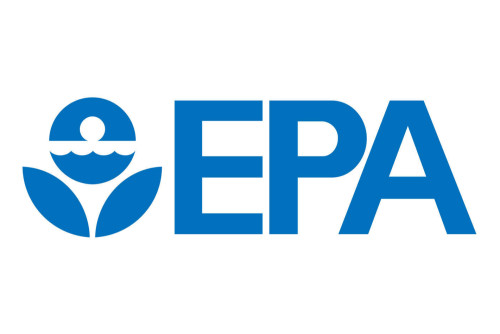Sewanee's Approach
The University is committed to providing a safe and healthy environment for students, faculty, staff, and visitors. This includes identifying and addressing conditions within University facilities that are conducive to mold growth.
Sewanee has an extremely humid climate and experiences high amounts of rainfall. Molds are part of the natural environment and can be found everywhere—indoors and outdoors. As the EPA reports that “there is no practical way to eliminate all mold and mold spores in the indoor environment,” residents and employees can take proactive measures to help maintain a healthy living and learning environment on campus.




